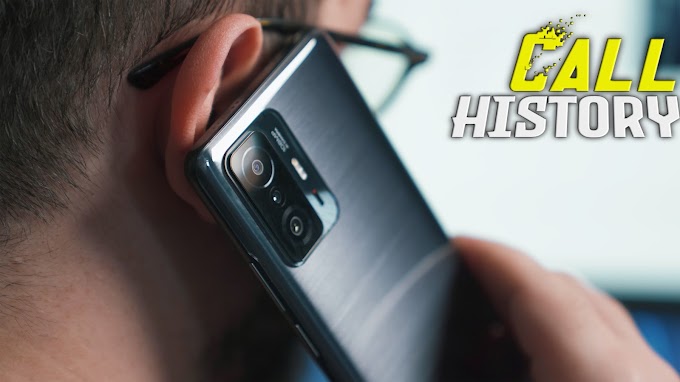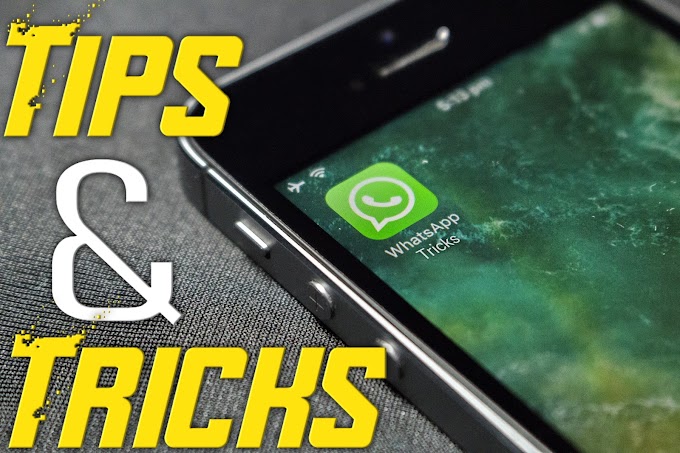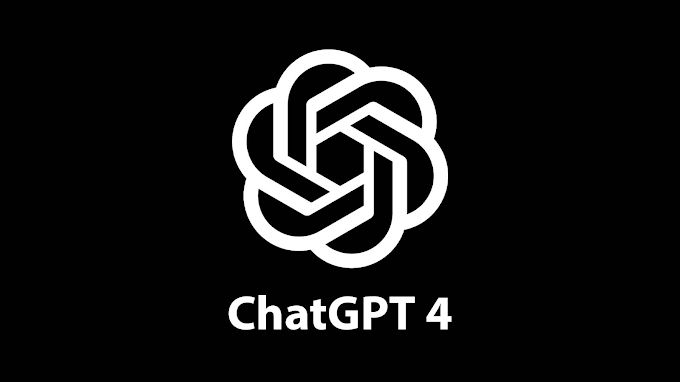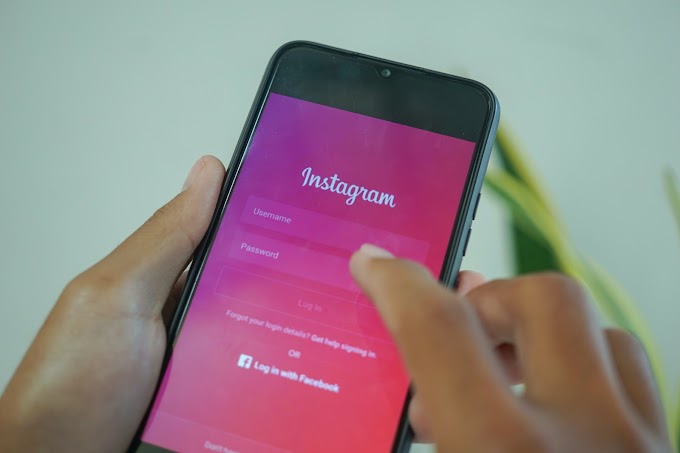I. Understanding the Impact of Social Media on Mental Health
A. The Rise of Social Media and its InfluenceSocial media platforms have experienced an unprecedented surge in popularity over the past decade. From Facebook and Twitter to Instagram and Snapchat, these platforms have amassed billions of users worldwide. The pervasive nature of social media has made it an influential force in shaping societal norms, behaviors, and attitudes.
B. The Psychological Effects of Social Media - Social Comparison and Self-Esteem
One significant psychological impact of social media is the phenomenon of social comparison. Users often compare their lives, achievements, and appearances to those of others, leading to feelings of inadequacy and lowered self-esteem. The carefully curated highlight reels presented on social media can create unrealistic standards and contribute to a negative self-perception.Fear of Missing Out (FOMO)
Social media can intensify the fear of missing out (FOMO) by constantly bombarding users with updates on friends' activities, events, and experiences. This fear can lead to anxiety, depression, and a sense of isolation for those who perceive their own lives as less exciting or fulfilling.Cyberbullying and Online Harassment
The anonymity and distance provided by social media can embolden individuals to engage in cyberbullying and online harassment. Victims of such behavior often experience negative psychological consequences, including anxiety, depression, and even suicidal ideation.Sleep Disturbances and Addiction
Excessive social media use, particularly before bedtime, has been linked to sleep disturbances. The blue light emitted by screens can disrupt the sleep-wake cycle, leading to difficulties falling asleep and obtaining restful sleep. Moreover, social media addiction, characterized by compulsive and excessive use, can have detrimental effects on mental health, such as increased anxiety and decreased life satisfaction.
II. Strategies for Using Social Media in a Healthy Way
A. Cultivating Self-AwarenessDeveloping self-awareness is crucial for using social media in a healthy manner. By understanding one's emotional triggers and vulnerabilities, individuals can recognize when social media use becomes detrimental to their well-being. Regular self-reflection and mindfulness practices can help create a sense of balance and prevent excessive attachment to social media platforms.
B. Setting Boundaries and Managing Time
Establishing clear boundaries and managing time spent on social media are vital steps towards a healthier relationship with these platforms. Setting specific limits on daily usage, designating social media-free zones or times, and prioritizing offline activities can help reduce the negative effects of social media on mental health.
C. Curating a Positive Online Environment
Users have some control over the content they consume on social media. Actively curating one's online environment by following accounts that promote positivity, inspiration, and healthy lifestyles can foster a more uplifting experience. Unfollowing or muting accounts that trigger negative emotions or comparison is a healthy practice for safeguarding mental well-being.
D. Engaging in Meaningful Connections
While social media can sometimes feel impersonal, it also offers opportunities for meaningful connections. Actively engaging in online communities, participating in constructive discussions, and supporting others can create a sense of belonging and enhance social support networks. Balancing virtual interactions with real-life connections is essential for maintaining social well-being.
E. Practicing Digital Detoxes
Periodic digital detoxes, where individuals consciously disconnect from social media for a defined period, have become increasingly popular. These breaks allow individuals to recharge, focus on real-life experiences, and gain perspective on their relationship with social media. Digital detoxes can serve as a reset button, helping to restore mental clarity and reduce the impact of social media on mental health.
III. Promoting Mental Health Awareness on Social Media Platforms
A. Responsible Use by PlatformsSocial media platforms have a responsibility to promote mental health and well-being among their users. Implementing features such as screen time reminders, content warnings, and resources for mental health support can contribute to a more positive online environment. Additionally, adopting algorithms that prioritize meaningful connections and genuine interactions over popularity metrics can reduce the negative impact of social media on mental health.
B. Mental Health Advocacy
Social media influencers and celebrities have a powerful platform for raising awareness about mental health issues. Using their influence responsibly, they can share personal experiences, provide resources, and destigmatize mental health challenges. By normalizing discussions surrounding mental health, they can help create a supportive online culture.
C. Digital Mental Health Support
Utilizing the potential of social media for good, mental health organizations and professionals can leverage these platforms to provide accessible support and resources. From chatbots and helplines to online support groups and therapy sessions, social media can bridge the gap in mental health services and reach individuals who may not have access to traditional forms of support.
Also Read: How to Mock Your Real Time Location Even Google and Whatsapp Will Get Fooled










